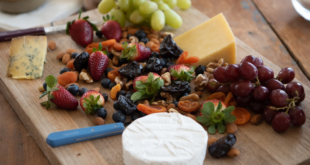Diabetes affects 2.9 million people in the UK and it is also believed that a further 850,000 are unaware they are also sufferers. What can we do to help prevent developing it?
Can drinking wine help beat Diabetes?
Research by British scientists at the University of East Anglia have revealed that the compounds found in dark chocolate and red wine could help prevent people from developing type 2 diabetes. Tests were carried out by scientists on 2,000 women. They kept a diary of everything they consumed, regular blood samples were then taken and analysed.
It seems flavanoids can help regulate the levels of insulin in the body; the hormone in control of our glucose levels. Dark chocolate, berries and red wine all contain flavanoids. The research has revealed that consuming high levels of this compound helps regulate the body’s sugar levels therefore could help preventing the onset of type 2 diabetes.
Not so says the NHS
Flavanoids are not just found in wine and chocolate, but are also found in plants, herbs, berries and tea.
The study was a cross sectional design meaning it cannot prove flavanoids reduce the risk of developing diabetes. It could be the case that women with a flavanoid rich-diet tended adopt healthier lifestyle choices, such as exercising regularly, and it was this that was contributing to the lower insulin resistance.
Only a well-conducted, double-blinded randomised control trial could prove direct cause and effect.
Also, the study relied on signs of insulin resistance, rather than a diagnosis of diabetes itself. As not all women with these signs would actually develop diabetes in their lifetime, this weakens the reliability of the results. Teasing apart the effect of one type of chemical on disease risk, when the disease risk can be influenced by a large range of other dietary and non-dietary factors is difficult.
This study does not give the green light to drink red wine above the recommended levels or to consume chocolate often. Any potential benefits of diabetes prevention are likely to be overshadowed by the already known risks of excessive sugar, fat and alcohol consumption.
 Vino-Club For Wine Lovers
Vino-Club For Wine Lovers







